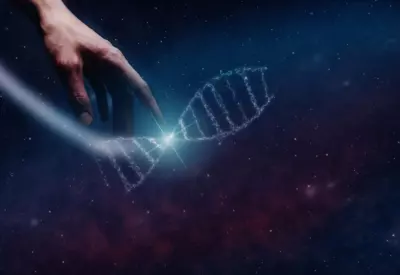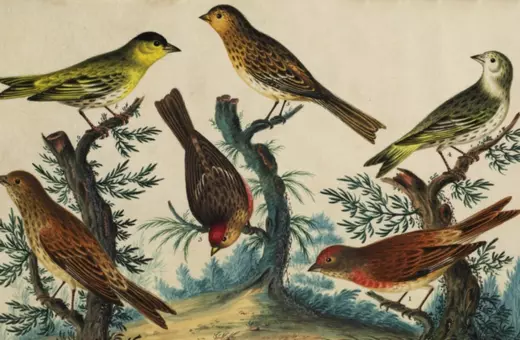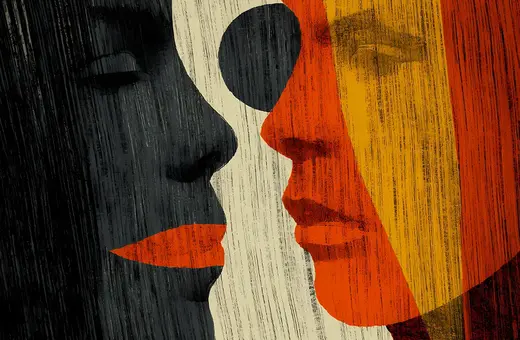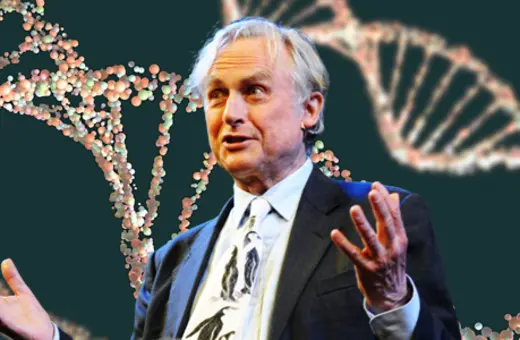Eugenics has a terrible history. But if we now have the power to alleviate suffering using gene editing, when does the ethical pendulum swing towards inaction being more immoral than action? Samuel Mckee argues we need to rethink where we draw the line. Advancements like CRISPR-Cas9 have made gene editing cheap, accessible and accurate. It is time to put the technology to use. Doing so could have revolutionary consequences for personalised medicine, well-being, and even consequences for human space exploration.
Eugenics – the controlled selective breeding of human populations to improve their genetic composition – is regarded as one of the dirtiest words of the twentieth century. Forever tied to the genocides and forced sterilizations of Nazi Germany, it has been taboo to use the word in genetics gatherings, seen as the worst of its past as a scientific discipline. If you want to tarnish someone’s ideas or research in genetics, one can simply utter the word and people will distance themselves.
___
Selective breeding was a fascination of Darwin when studying pigeons, and perhaps we could do the same for human populations. Eugenics popularised and drew great interest from polymaths, philosophers and statisticians long before politicians used it as a rallying cry.
___
The history of eugenics though is far broader. Francis Galton, cousin of Darwin, invented the term in an evolutionary landscape to describe proactively directing nature towards stronger and fitter ends. Why not lend nature a hand? Selective breeding was a fascination of Darwin when studying pigeons, and perhaps we could do the same for human populations. Eugenics popularised and drew great interest from polymaths, philosophers and statisticians long before politicians used it as a rallying cry. Anglicans such as William Inge, and Catholics such as Patrick Joseph Hayes endorsed it for what they saw as humanitarian reasons. Even Churchill believed positive eugenics could reduce crime.
 SUGGESTED READING
The moral case for eugenics?
By Julian Savulescu
In biology, the early days of evolutionary biology and genetics could not shake their fascination with it, especially given that it might be an experimental tool that yielded visual results. Ronald Fisher, one of the most important figures of the Modern Evolutionary Synthesis was enthusiastic in his endorsement of it as a practical science. All this was eroded seemingly overnight following the horrors of the Holocaust and the practices of the Nazis as they were made public.
SUGGESTED READING
The moral case for eugenics?
By Julian Savulescu
In biology, the early days of evolutionary biology and genetics could not shake their fascination with it, especially given that it might be an experimental tool that yielded visual results. Ronald Fisher, one of the most important figures of the Modern Evolutionary Synthesis was enthusiastic in his endorsement of it as a practical science. All this was eroded seemingly overnight following the horrors of the Holocaust and the practices of the Nazis as they were made public.
Fast forward to the early 21st century, and we find ourselves in a new genetic landscape, where public knowledge and the technological capabilities are often miles apart. First there came the Human Genome Project, which cost over $3 billion and took over a decade. The genomics arms race saw costs plummet and technology advance at an extraordinary scale. Today one can sequence an organism’s genome in the field on a handheld device in a few hours for $500. Secondly, CRISPR-Cas9 happened. Jennifer Doudna and Emmanuel Charpentier shared the Nobel Prize in 2019 for the future shaping technology that can edit the genome of any living creature.
We live in a CRISPR world now, yet the gap between public understanding of where genetic engineering is, and what scientists are truly capable of is astonishing. Since 2011, the advent of CRISPR-Cas9 has brought us into the world of cheap, accessible and accurate human gene editing. In the past few years, base and prime editing have enhanced the accuracy of editing even further, to the point that one can now change a single nucleotide. The temptation to play with human genes is stronger than ever.
___





















Join the conversation